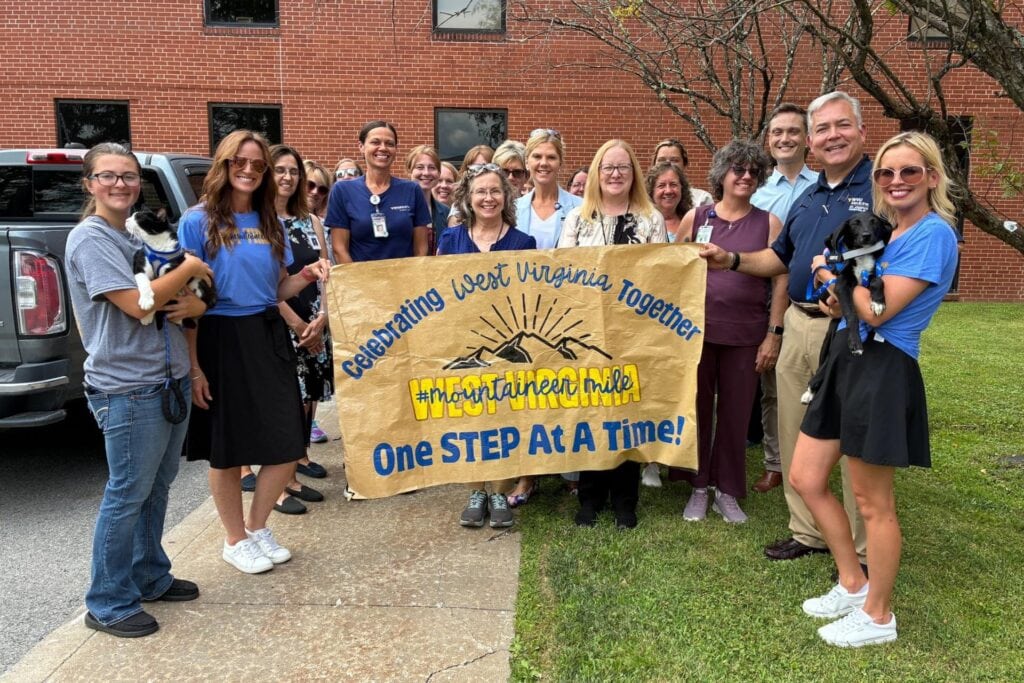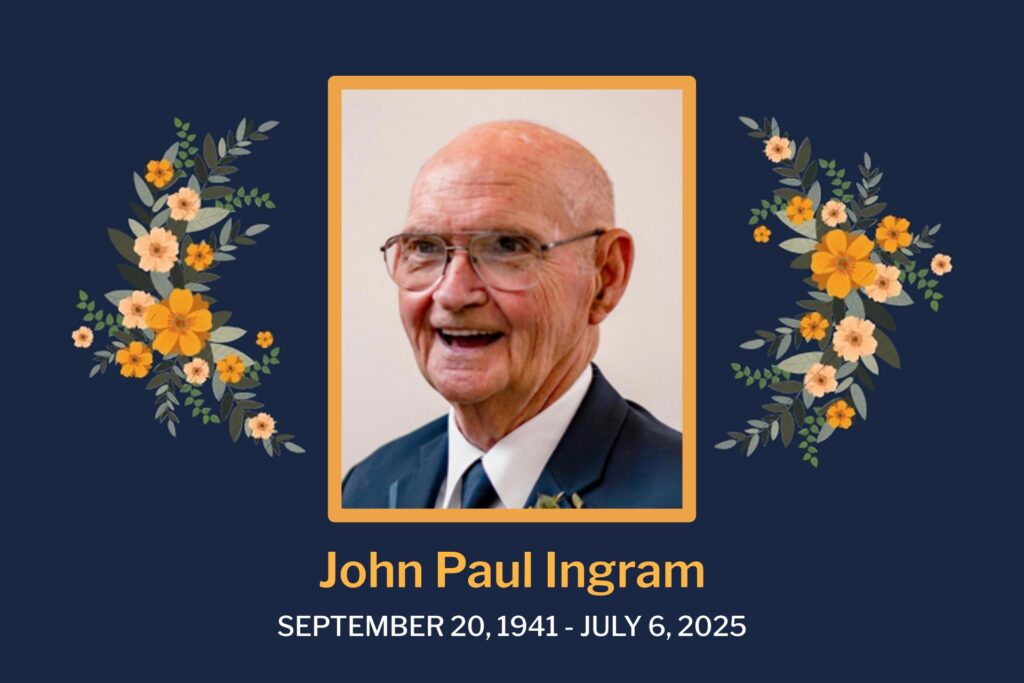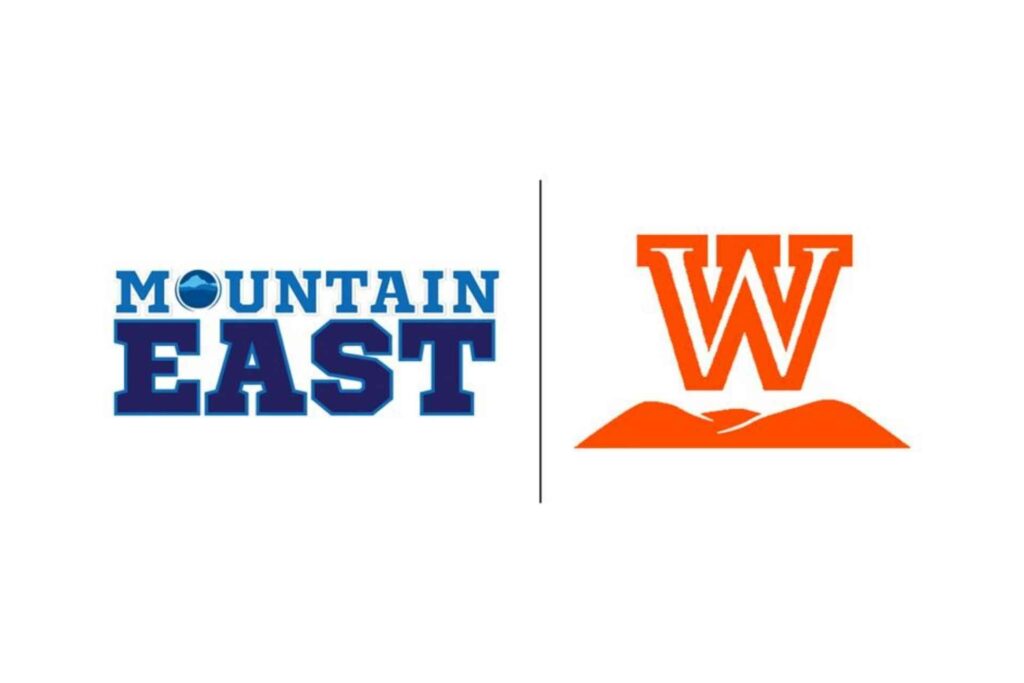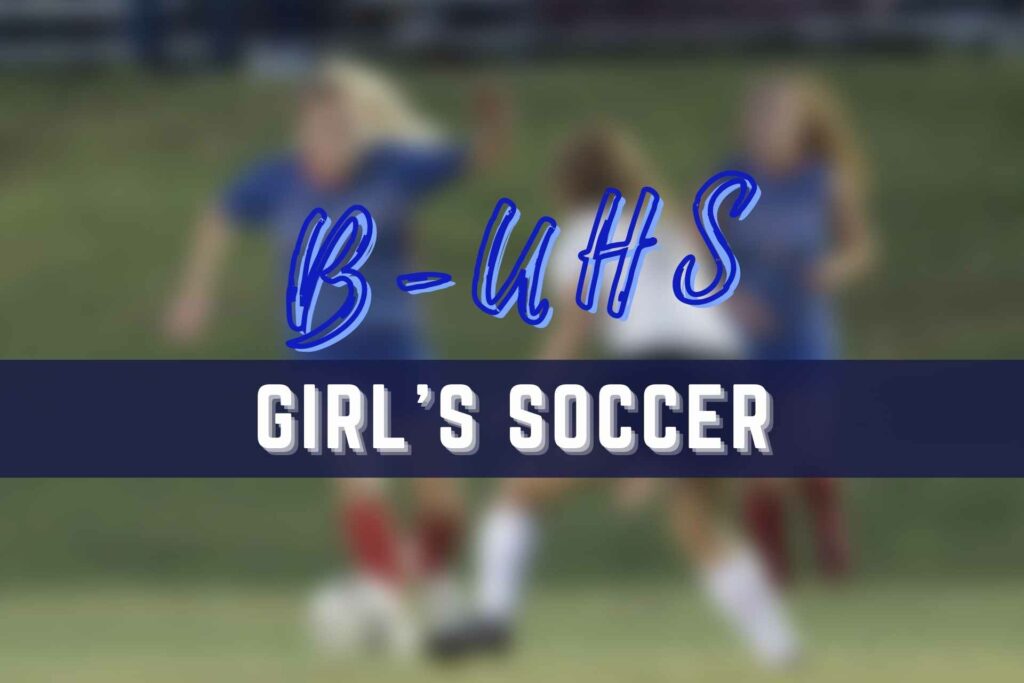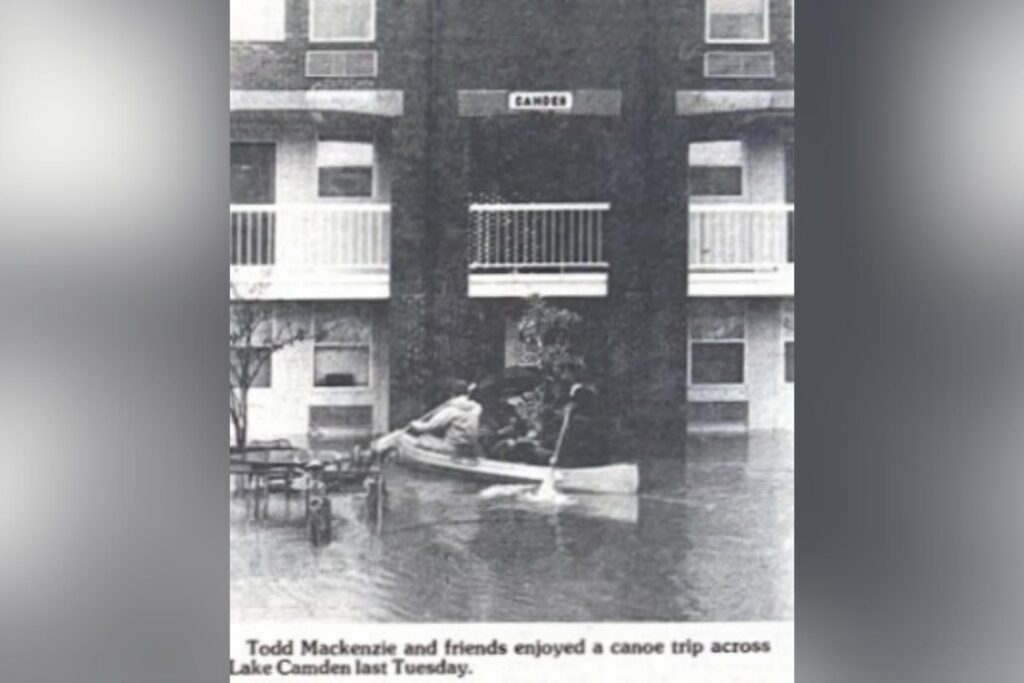Almost a year to the day after going on strike in 2018, more than 30,000 school personnel from all 55 counties across West Virginia will begin a work stoppage Tuesday after the state Senate approved a sweeping education omnibus bill that school officials believe would gut public education in favor of charter and private schools.
Sen. Bill Hamilton was one of two Republicans to vote against the measure, which passed 18-16. In a column written before the vote, Hamilton said the bill was crafted by out-of-state sources, without input from state educators.
“It is disappointing to myself and many others throughout the state that the crafters of this enormous education bill did not seek the input from our West Virginia educators, but instead sought most input from out-of-state sources,” Hamilton wrote.
Many in the Senate have pointed to the national political group ALEC as a leading force behind the West Virginia bill. The bill’s sponsor, Sen. Patricia Rucker, R-Jefferson, was named the ALEC “State Legislator of the Week” last February. The head of the Senate Education Committee, she homeschooled her five children.
In his column, Hamilton specifically called out charter schools and educational savings accounts as problematic.
“I did not support the bill as I felt there were too many objects in the bill which could make the bill unconstitutional in addition to several that I have yet to see verifiable statistics on the benefits outweighing the detriments to our public schools (charter schools and ESAs for example),” he wrote.
Under an Education Savings Account, the government would pay the families of students who attend private school or are homeschooled a lump sum of more than $3,000 per year, per student. In the latest version of the bill, only the families of students who are bullied or special needs students would receive ESA payments.
Many observers believe the ESA and charter school provisions would benefit wealthy families while taking funding away from rural, less advantaged areas. In counties like Upshur, that could mean more than a million dollars a year in lost funding.
Brent Kimble, a social studies teacher at Buckhannon-Upshur High School, has been taking his teaching beyond the classroom by providing an expansive analysis of the bill on Facebook.
“There are a lot of good things in this bill,” Kimble told My Buckhannon Monday evening, just minutes after the strike was announced. “The problem is, there are an awful lot of bad things in this bill too. Charter schools – I use them as an example because a lot of people don’t understand or get the grasp of them.”
Kimble said Upshur County could lose up to $1.6 million per year due to the charter school provision alone. He explained the math:
“The funding for the state school aid is about $4,500 per pupil,” Kimble said. “The provision in the law states that each charter school could take up to 10 percent of a county’s enrollment. In Upshur County, we serve 3,600 students – one charter school could come in and take 360 kids, K-12, at which point in time Upshur County Schools would lose $1.6 million in funding.
“We still have to run our buses, we still have to maintain our buildings. We can’t afford to take a $1.6 million funding cut.”
Unlike public schools, which are run by an elected board, charter schools have far less accountability, Kimble noted.
“They can do whatever they want – they can hire instructors and teachers that are not certified,” Kimble said. “In fact, they do not even need a high school diploma to teach in one of these schools. On top of that, 65 percent of charter schools go bankrupt.”
He also said Education Savings Accounts are ripe for abuse, which is one reason only a handful of other states have them.
“ESAs are another major issue,” Kimble said. “There is no regulation. What stops someone from taking $3,000 debit card, buying something from the state and turning around and selling it or pawning it and using those funds inappropriately? There is little to no regulation in ESAs.”
Kimble feels the education bill this year is a more serious threat to public education than the issues that precipitated the work stoppage in 2018.
“I would reiterate there is still a public forum at Wesley Chapel on the West Virginia Wesleyan College campus tomorrow night from 5 to 7 p.m.,” Kimble said. “I strongly encourage as many people as possible to go, because this is a bigger issue. Last year, it was about how we are treating teachers. This year, it is more serious because it is about how we view education. From an educational standpoint, I don’t think a lot of these ideas will benefit West Virginia or the kids of our future.”
Sen. Greg Boso, R-Nicholas, voted in favor of the bill Monday. He pointed to the pay raise provision and a $250 tax credit for school supplies as reasons he believes the bill will benefit all of West Virginia — the teachers, service personnel and students.
“First of all, it includes a teacher pay raise, which is significant,” Boso told My Buckhannon. “It’s another 5 percent that our teachers get. When you get to looking at when West Virginia had money, they may have gotten a little bit of money here and there, but they were really never respected. They were really never compensated. Finally, we have turned the corner a little bit over the last couple of years. Both of the last two years, we have given our teachers a 5 percent pay raise.”
Boso said that extra money will help teachers struggling to make ends meet.
“We recognize that it is important we put the money in the classroom to help our teachers, to make sure they don’t have to worry about where their next payday is coming from or where their next meal is coming from,” he said. “We are making an investment in that regard to make sure our teachers are being taken care of.”
Boso also noted school employees will receive a tax credit to help them purchase supplies for their classrooms.
“This bill also gives our teachers a $250 tax credit,” he said. “When they make eligible purchases for things they use in the classroom, not only does it take care of teachers, we recognize school service personnel also do some of those same things when they are taking care of kids. This will give all of school-related employees a $250 tax credit. That’s different that an allowance that adjusts their gross income. This is a direct tax credit. That is huge. When you get to looking at it, it is a significant investment we are making into teachers for the benefit of the kids.”
Brittney Barlett, the Upshur County president of the American Federation of Teachers union, said the decision to begin the work stoppage came after the Senate rapidly advanced the amended measure Monday, giving lawmakers only a brief period to review the bill, which totals more than 100 pages.
“The Senate met and pushed through an amendment, very quickly, that put charter schools, ESAs and the strike verbiage back in the bill,” Barlett told My Buckhannon Monday night. “Every county voted a few weeks ago [on the bill and potential action], and we met together and we counted the votes and told them our demands as a whole, based on what our members wanted. So basically when it crossed the line, we thought we needed to take some action and we trusted the leadership (of the unions) to make the call at that point.”
Like they did last year, school employees plan to be out in the community delivering their message about what the bill means for public education in West Virginia.
“Our plan tomorrow is to picket,” Barlett said. “We will be at Chapel Hill from 11 a.m. to 3 p.m., and if we get permission to be at the Upshur County Courthouse, we will be there later.”
She also thanked the Upshur County Board of Education for taking a stance against the omnibus bill.
“We are very grateful that our board of education is standing with us and our parents are being understanding that we need to take this action,” Barlett said.
After the Senate passed the initial version of the bill, both the state school board and the Upshur County Board of Education officially went on record opposing the law.
“I just don’t feel this bill is in the best interest of our school system,” board member Alan Suder said at the time. “I was reluctant to take a stand because I really didn’t feel it is our place, but it is getting to, as fast as it moved through the Senate, time to stand up and let your voice be heard – that we disagree.”
Board member Kristi Wilkerson also voiced concerns about the bill, saying it would take funding away from the students who need it most.
“We have, in this county, so many students of different backgrounds and different needs,” she said. “Some counties call them disadvantaged. We have a huge problem we are facing with foster care and opioid addiction and so on. This bill looks like it may take money away from those students in this county who really, really need this school system and need our teachers. That is where my largest concern is.”
The board went on to pass a resolution formally opposing the bill.
On Monday, board member Katie Loudin posted a message on Facebook supporting the teachers.
“Our kids and our teachers deserve better than SB 451,” Loudin wrote.
Dr. Tammy Samples, the president of the Upshur school board, told My Buckhannon on Monday that the board stands behind their resolution opposing the bill.
“We cannot support anything that can harm the disadvantaged student population in Upshur County and throughout West Virginia,” Samples said. “We are hopeful for a quick resolution that benefits our students. We know our employees want what is best for students and are eager to get students back in the classroom.”
School boards weren’t alone in their opposition to the legislation; in a colorful press conference, West Virginia Governor Jim Justice also lashed out against the measure earlier this month, saying the state of West Virginia needed to vastly improve its public school system prior to implementing a public charter school system.
Justice, a Republican, said he would veto the original version of the bill.
“[This is] a dog’s mess for the sake of creating a dog’s mess to hit back,” Justice said, implying that the Senate had introduced the bill in retaliation for last year’s work stoppage, which ended when teachers got a 5 percent pay raise and promises of a permanent fix to PEIA.
Hamilton, too, questioned the motives behind the bill, previously writing on Facebook, “Several people asked me today, ‘Is the Omnibus Education Bill truly education reform or revenge for the 2018 walkout?’”
After the Senate quickly passed the original version – using parliamentary procedure that has been used just twice before, in 1917 and 1961, to bypass a committee that would have killed the legislation — the bill was sent to the House of Delegates. There, representatives took a more deliberative approach, holding two public hearings and removing some of the most controversial provisions before sending the amended version back to the Senate.
On Monday afternoon, the Senate leadership announced they would allow just a single amendment that would re-implement many of the items opposed by school employees – such as ESAs and charter schools – and then quickly passed that version, again by a slim 18-16 margin.
Now, the House can either accept the Senate changes, which would send the bill to the governor, or oppose them, setting up a conference between the two chambers to hash out their differences.
Dr. Steven Paine, the state superintendent, lamented the process that led to the announcement of the work stoppages in a statement released Monday night.
“I regret that circumstances have led to the announcement of work stoppages in many counties throughout the state,” Paine said. “While SB 451 has followed an unusual path, the legislative process is not complete and I am hopeful that we can collectively work toward a solution that best benefits our students and respects our teachers, service personnel, parents and citizens of West Virginia.
“Be assured that our county superintendents are working tirelessly to minimize disruption to students and communicate frequently with parents regarding plans impacting school schedules. Each county will make a decision based on the unique needs of its county, keeping the safety and well-being of students as the sole focus.”
Upshur County superintendent Dr. Sara Lewis Stankus said the school system would be taking things day-by-day and implored decision makers in Charleston to “do the right thing for our children.”
“In terms of Upshur County, our teachers and our students want to be back in school where our students can learn,” Stankus said. “When schools are open, teachers use up every single minute they can so students can learn and make progress. Right now, we just hope our decision makers in Charleston will make decisions that are reflective of their value for public education.”
What happens next will be determined in the state capitol, she said.
“They could vote on this tomorrow, so we are just going day-by-day right now,” Stankus said. “We are all trying to be patient, and we are just optimistic that our decision makers will do the right thing for our children.”
Stankus talked to each of the county board members Monday evening to keep them apprised of the things that were going on as she received word.
Stankus noted that 54 of the 55 counties canceled school Tuesday; only Putnam County was still open as of 10 p.m. Monday night. She said there is another conference call scheduled with West Virginia Superintendent of Schools Dr. Steven Paine at 3 p.m. Tuesday.
“We really didn’t find out about this until 15 minutes until 6 p.m.” Stankus said of the work stoppage. “Dr. Paine said this has been a very unusual path, and it’s not over yet.”
News correspondent Beth Christian Broschart contributed greatly to this report.







